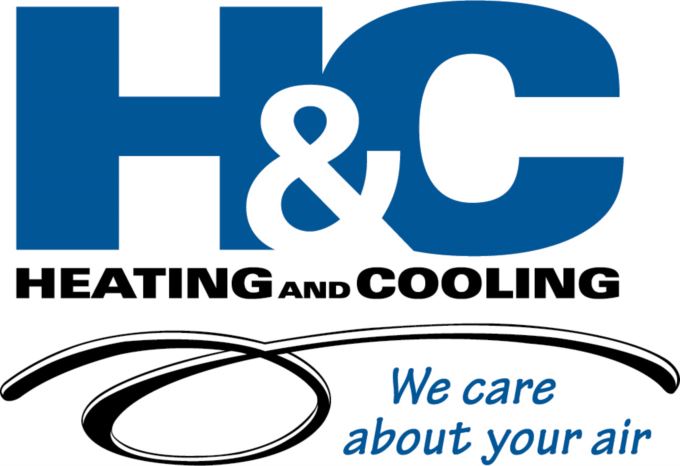
We can all benefit from saving a few bucks where we can. One of the simplest ways to do so is by improving energy efficiency around your home. Upgrading your HVAC system or adding a smart thermostat, for example, provides more control over your HVAC system, resulting in a more energy-efficient home and lower monthly energy bills.
Read on to learn about 4 ways you can make energy-efficient home changes.
1. Look for a Smart Thermostat
If you still use an older thermostat and adjust it manually, try taking a step toward the future by installing a smart, or Wi-Fi, thermostat – which contains a number of features to assist with energy efficiency.
The feature homeowners like the most is having the ability to adjust their smart thermostats from anywhere they want through their smartphone or other smart device. As an example, if you forget to use your thermostat before leaving for vacation, you can just pull out your smartphone and make the adjustments.
Like a programmable thermostat, a smart thermostat allows you to pre-set your home’s temperature according to the time of day and day of the week so you’re not spending energy on an empty house. Smart thermostats also have the capacity to watch your temperature preferences over time and automatically make energy-efficient adjustments. They even provide monthly energy reports that demonstrate how much energy you've used and when so you can make adjustments to reduce costs.
If you’re wanting to know how to obtain a free smart thermostat, talk to your utility company to learn if there are any discounts or free smart thermostats offered.
2. Routine HVAC Maintenance
Sadly, some homeowners often forget to keep their heating and cooling systems maintained. While this may not seem like a problem, ignoring maintenance could result in a number of issues, including inefficiency, breakdowns, and a shorter system lifespan.
When performing an HVAC maintenance service, the technician will inspect your HVAC system, clean necessary components, and pinpoint minor issues before they create bigger, more expensive repair issues. Tune ups keep HVAC systems working at optimal condition, which means less energy is used to heat and cool your home. This can reduce your energy bills, increase the lifespan of HVAC equipment, and contribute to fewer repairs.
We encourage two HVAC tune ups annually – one during the spring before summer and one in the fall before the arrival of winter weather.
3. Getting rid of Your Old, Inefficient HVAC Equipment
Regretfully, like all appliances, HVAC systems have a shelf life and inevitably need to be replaced. Newer heaters and cooling products are much more effective than units produced just over 10 years ago. Luckily, quality HVAC companies like H&C Heating and Cooling can offer professional services including furnace installation in Laurel.
Well-maintained furnaces and air conditioners can last approximately 15-20 years. If the equipment is within that period of time, it is often be a good idea to replace them now to avoid untimely breakdowns that can leave you cold and uncomfortable on a cold winter night. If your equipment is around 15 years old and has a problem that needs an expensive repair, it’s almost always time to replace it. As reported by the U.S. Department of Energy, installing a new HVAC system can save you approximately 20-40% on your monthly energy bills, so you’ll recoup some of the costs of buying a new system.
A professional heating and cooling technician can help you find the most energy efficient HVAC system available. As a general rule of thumb, try to find HVAC systems that are Energy Star certified, which means the equipment meets strict guidelines made by the U.S. Environmental Protection Agency. LENNOX HVAC systems are often some of the most efficient systems on the market, offering both high AFUE and SEER ratings. AFUE is used for heating systems and illustrates how well they convert fuel to heat. SEER, on the other hand, is used to calculate the efficiency of cooling systems.
Call a reputable HVAC provider like H&C Heating and Cooling for air conditioning installation in Laurel.
4. Look for Energy-Efficient Air Filters
The next time you’re looking for new HVAC filters, keep in mind that not all air filters are the same. Some air filters are far more successful than others, leading to lower energy bills and a cleaner home environment.
The efficiency of HVAC air filters is rated by their Minimum Efficiency Reporting Value, or MERV rating. The MERV scale ranges from 1-20; the higher the number, the more efficient the filters are. It’s worthwhile to note, though, that high-efficiency air filters can in fact restrict airflow too much based on the type of HVAC system you have. It’s worthwhile to read the owner’s manual before getting a filter to determine the right one for your system.
